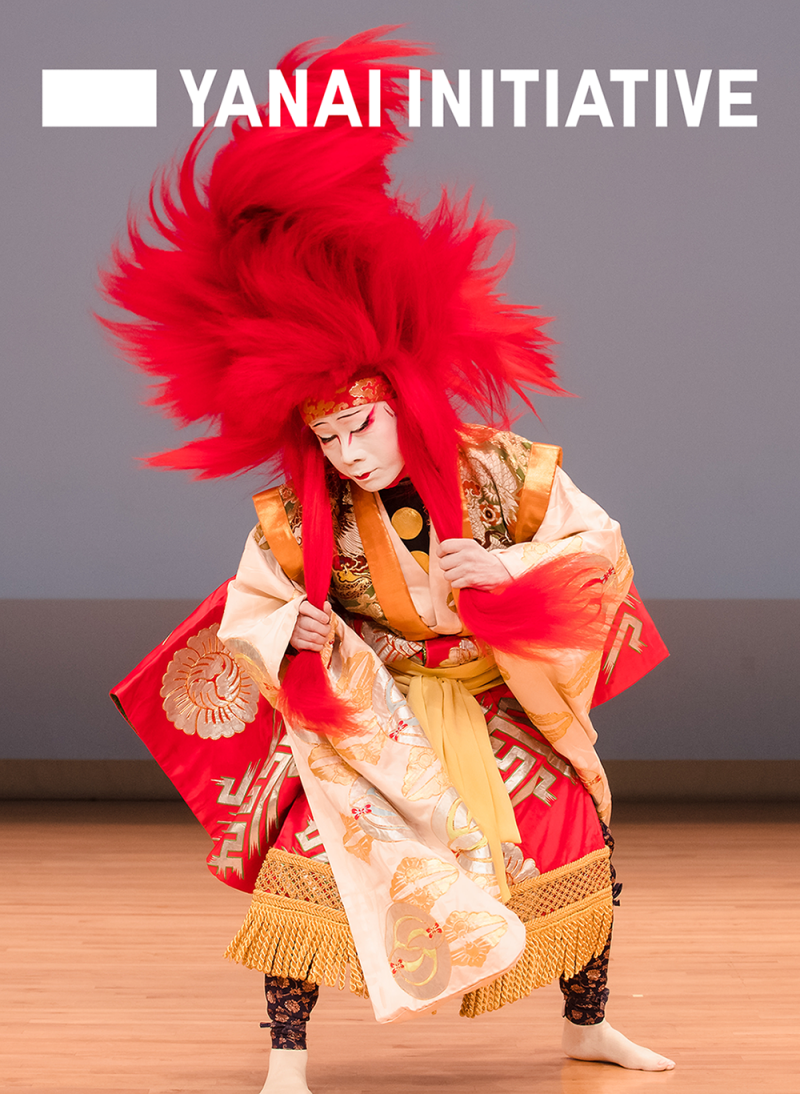
The Yanai Initiative for Globalizing Japanese Humanities works to realize a sustainable, equitable, globally interconnected future for the Japanese humanities.

The Yanai Initiative for Globalizing Japanese Humanities—ever since it was first established in 2014 as a collaborative project of UCLA and Waseda University in Tokyo—has been working to realize a sustainable, equitable, globally interconnected future for the Japanese humanities.
As the steady decline of Japan’s population leads Japanese universities to welcome more students from abroad, humanities programs that have long played an essential role in the intergenerational transmission of specialized knowledge of Japan’s past have become small epicenters of globalization. Undergraduates from around the world show up on campuses across Japan eager to learn about Japanese literature, theater, film, art, and popular culture, but often without the basic linguistic skills they need to engage with materials in Japanese. So their universities create classes in English. Whole new departments are founded, staffed by professors capable of teaching nuanced, sophisticated classes in the increasingly ubiquitous global vernacular of English.
The Yanai Initiative was born of a concern about certain negative long-term effects this situation might have, and of an eagerness to build on the exciting potentials it holds out. If there is a risk that the value of knowledge and know-how accumulated over the course of generations within the Japanese academy may, little by little, be overshadowed in Japanese universities by other values, then let’s try to broaden the audience. Create more opportunities for scholars accustomed to working within relatively narrow lineages of transmission to share what they know with wider, more diverse groups of colleagues and students—and, at the same time, to learn a bit about modes of scholarship in other parts of the world. Counter one kind of globalization with another.
This is the core impulse that animates the Yanai Initiative’s activities. And while initially our efforts were directed primarily at academic programming and projects, over the years we have widened our focus to include not just research, but also the doing of culture—creating projects and programming intended for members of the general public.